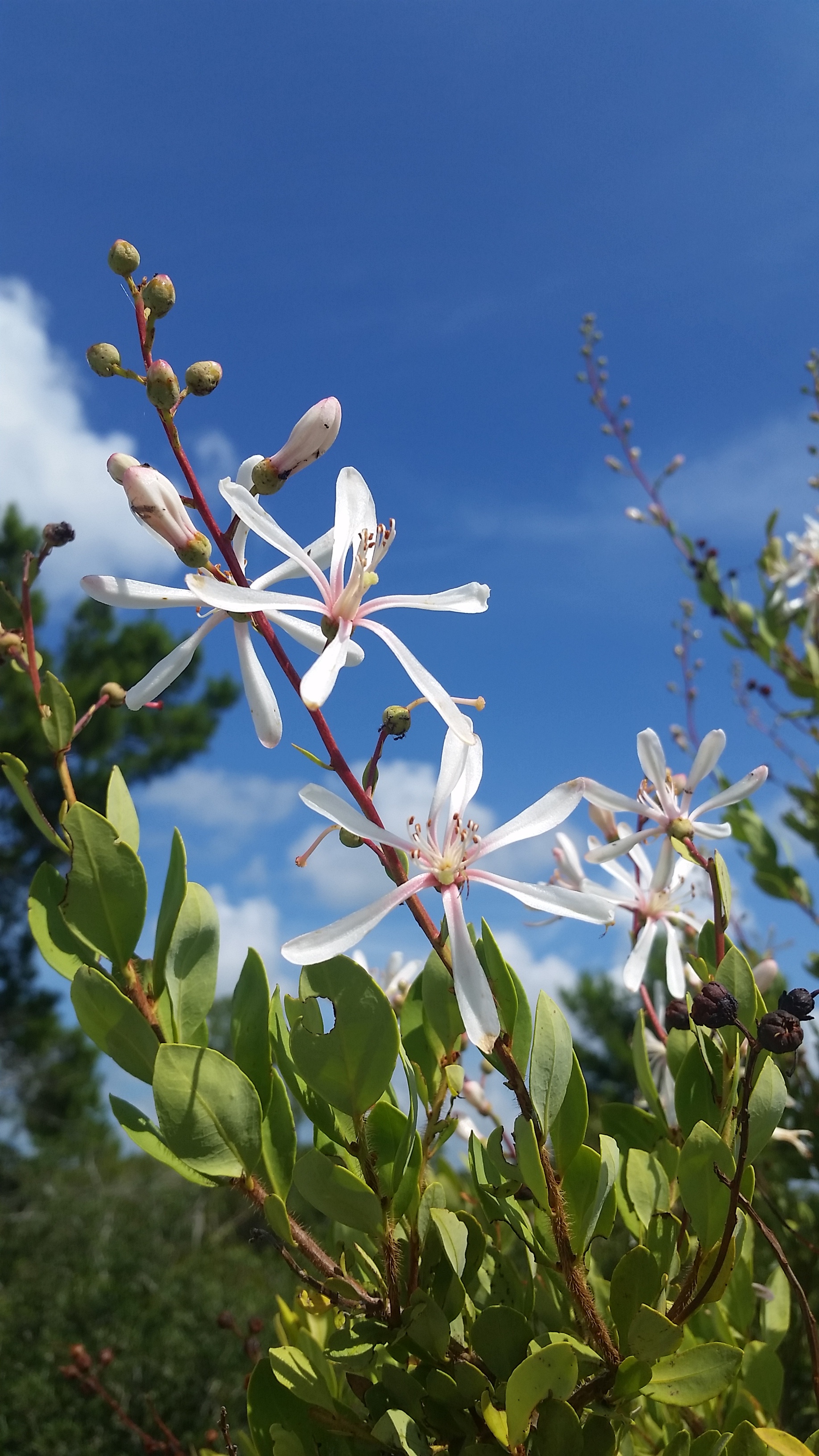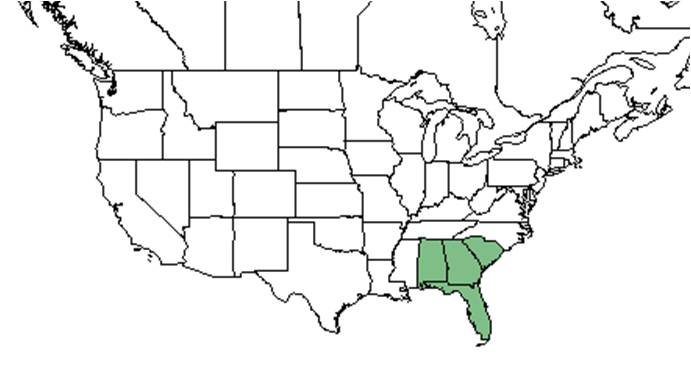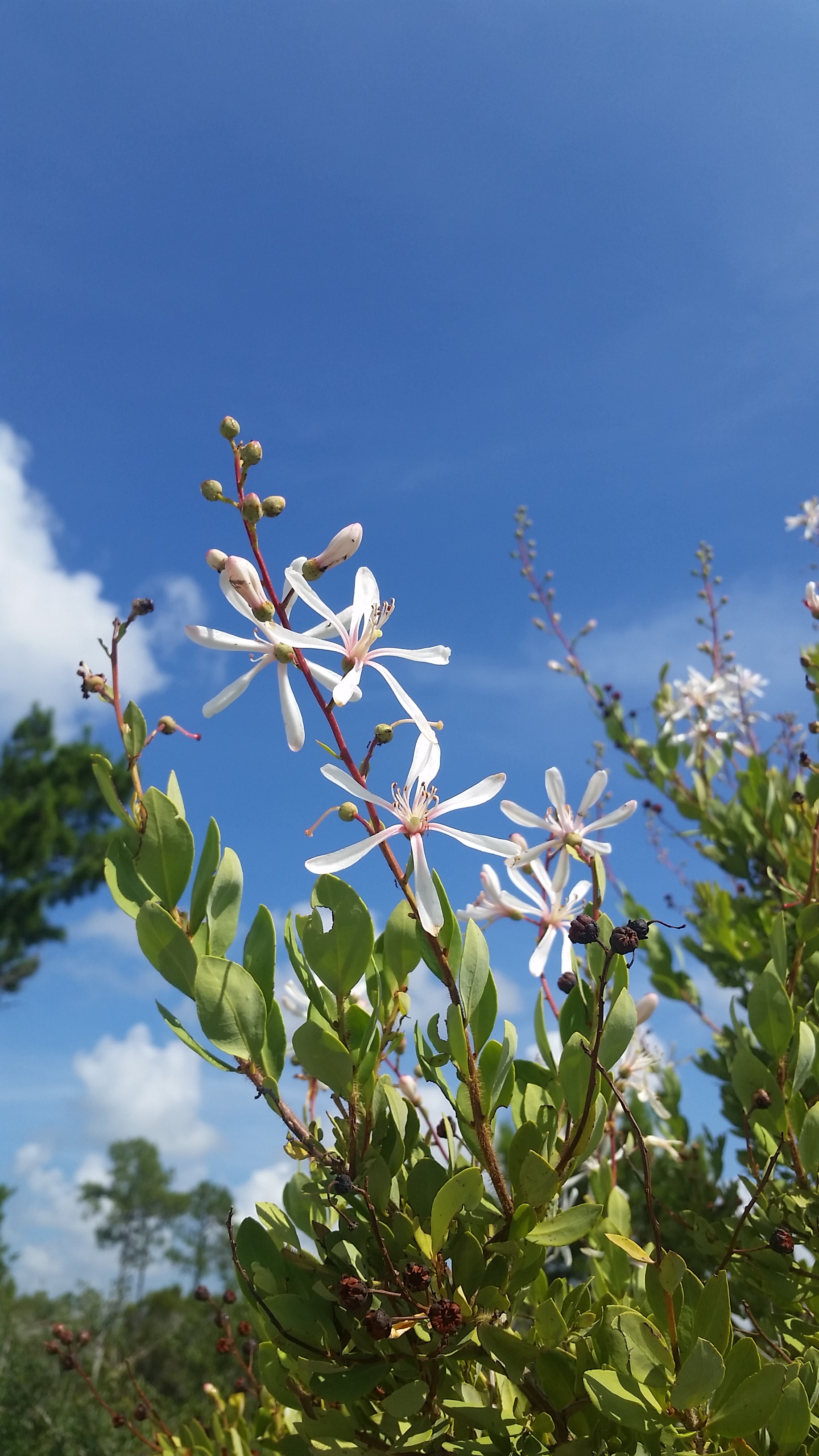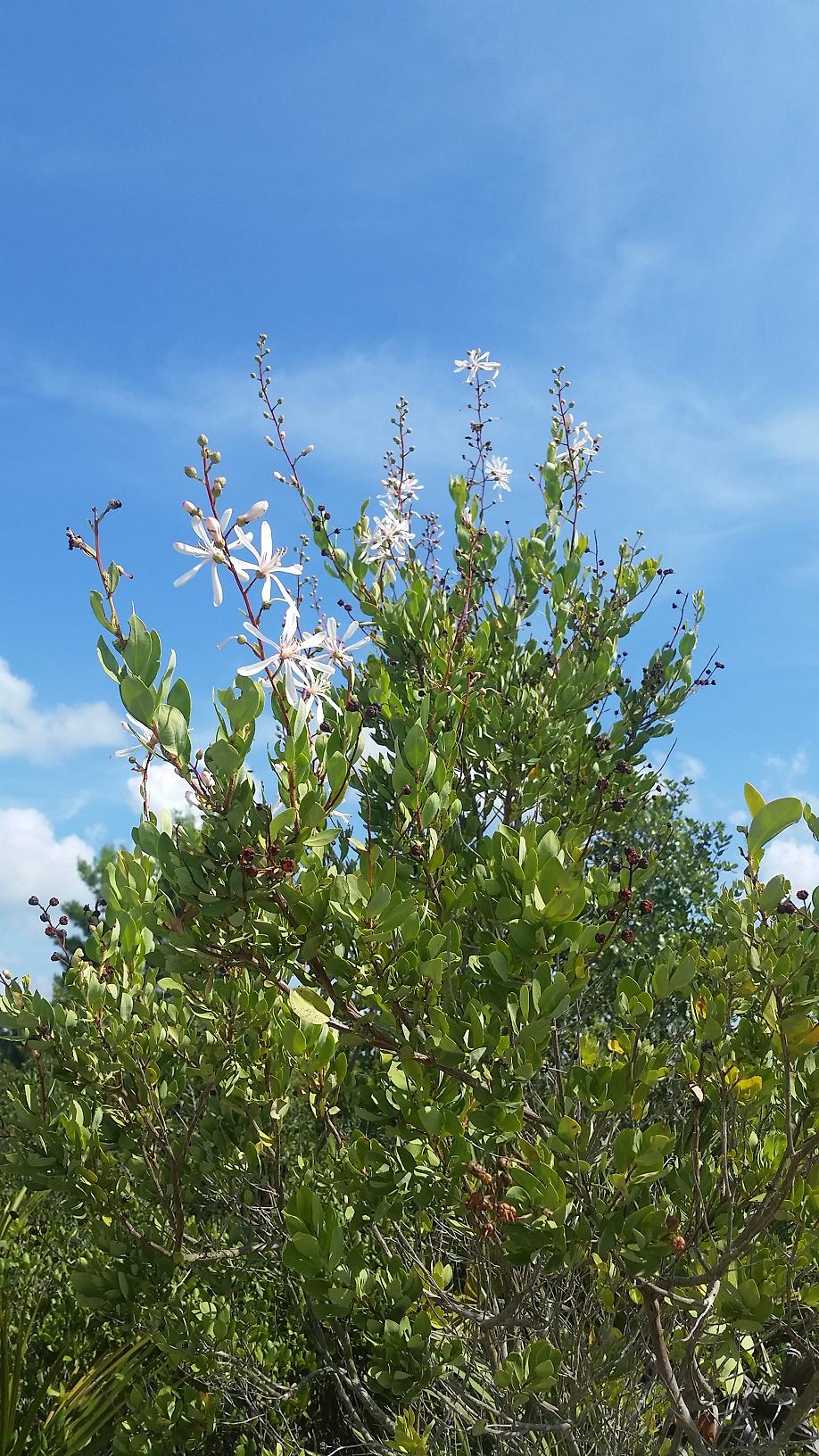Difference between revisions of "Bejaria racemosa"
KatieMccoy (talk | contribs) |
KatieMccoy (talk | contribs) (→References and notes) |
||
| Line 63: | Line 63: | ||
==References and notes== | ==References and notes== | ||
Deyrup, M.A. 2015. Database of observations of Hymenoptera visitations to flowers of plants on Archbold Biological Station, Florida, USA. | Deyrup, M.A. 2015. Database of observations of Hymenoptera visitations to flowers of plants on Archbold Biological Station, Florida, USA. | ||
| + | |||
| + | Florida State University Robert K. Godfrey Herbarium database. URL: [http://herbarium.bio.fsu.edu http://herbarium.bio.fsu.edu]. Last accessed: Collectors: States and Counties: Compiled by Tall Timbers Research Station and Land Conservancy. | ||
Revision as of 14:56, 2 November 2015
| Bejaria racemosa | |
|---|---|

| |
| Photo taken by Michelle Smith at Archbold Biological Station | |
| Scientific classification | |
| Kingdom: | Plantae |
| Division: | Magnoliophyta - Flowering plants |
| Class: | Magnoliopsida - Dicotyledons |
| Order: | Ericales |
| Family: | Ericaceae |
| Genus: | Bejaria |
| Species: | B. racemosa |
| Binomial name | |
| Bejaria racemosa Vent. | |

| |
| Natural range of Bejaria racemosa from USDA NRCS Plants Database. | |
Common name: flyweed
Contents
Taxonomic notes
Description
A description of Bejaria racemosa is provided in The Flora of North America.
Distribution
Ecology
Habitat
In the Coastal Plain in Florida, B. racemosa has been found in pine flatwoods, scrub barrens, and sand pine scrubs (FSU Herbarium).
Phenology
It has been observed flowering and fruiting May through August (FSU Herbarium).
Seed dispersal
Seed bank and germination
Fire ecology
Pollination
The following Hymenoptera families and species were observed visiting flowers of Bejaria racemosa at Archbold Biological Station (Deyrup 2015):
Apidae: Apis mellifera, Bombus impatiens, B. pennsylvanicus
Halictidae: Agapostemon splendens, Augochlorella aurata, A. gratiosa, Augochloropsis sumptuosa
Megachilidae: Anthidiellum perplexum, Anthidium maculifrons, Coelioxys sayi, Megachile brevis pseudobrevis, M. mendica, M. petulans
Vespidae: Euodynerus boscii boharti, Monobia quadridens, Parancistrocerus histrio, P. salcularis rufulus, Pseudodynerus quadrisectus, Stenodynerus fundatiformis, Zethus spinipes
Use by animals
Diseases and parasites
Conservation and Management
Cultivation and restoration
Photo Gallery
References and notes
Deyrup, M.A. 2015. Database of observations of Hymenoptera visitations to flowers of plants on Archbold Biological Station, Florida, USA.
Florida State University Robert K. Godfrey Herbarium database. URL: http://herbarium.bio.fsu.edu. Last accessed: Collectors: States and Counties: Compiled by Tall Timbers Research Station and Land Conservancy.

